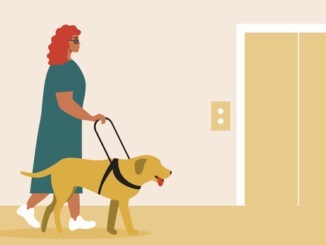
As reported by The Mirror, Health Secretary Steve Barclay claims the plan will ‘end the 8am scramble’ for appointments, but there are fears that it will be harder than ever to see a GP
An army of “care navigators” is being trained to answer phones in GP surgeries and redirect patients elsewhere.
Health Secretary Steve Barclay claims the plan will “end the 8am scramble” for appointments. But there are fears that, with many medics quitting the NHS, it will be harder than ever to see a GP. Old analogue phone systems will be replaced in March by digital systems that tell callers their place in the queue.
It comes as receptionists are inundated with calls. Shadow Health Secretary Wes Streeting, said: “After 13 years in power the only idea the Tories can think up is better hold music. The reality under the Tories is patients find it harder than ever to see a GP.”
GP numbers are at their lowest level since records began in 2015 but extra non-doctor staff are being hired. Some 6,500 care navigators – about one per practice – are being recruited to support GP receptionists, triage callers and redirect to services like chemists.
Care navigators will coordinate more complex patients who may need to see a pharmacist, nurse, GP or hospital specialist for multiple conditions. Ministers claim this and the new phone system will direct 40% of calls “more effectively”.
Patients with urgent needs will be given appointments on the same day. Others will be offered one within two weeks, or patients will be referred to NHS 111 or a local pharmacy. Pharmacists could get more powers to administer medicines and do more checks without a prescription. Dr Kiren Collison, NHS England director for primary care, said: “GP teams are treating record numbers of patients, but we are determined to improve access further.”
GP numbers are falling in England as burnt out senior docs quit or cut their hours. Despite Tory vows to bolster the workforce full-time GPs have dropped year-on-year for 12 months in a row NHS Digital stats show there were 26,521 qualified full-time-equivalent GPs in June, down 1.3% on June 2022. There are 977 fewer GPs than in December 2019.



Be the first to comment